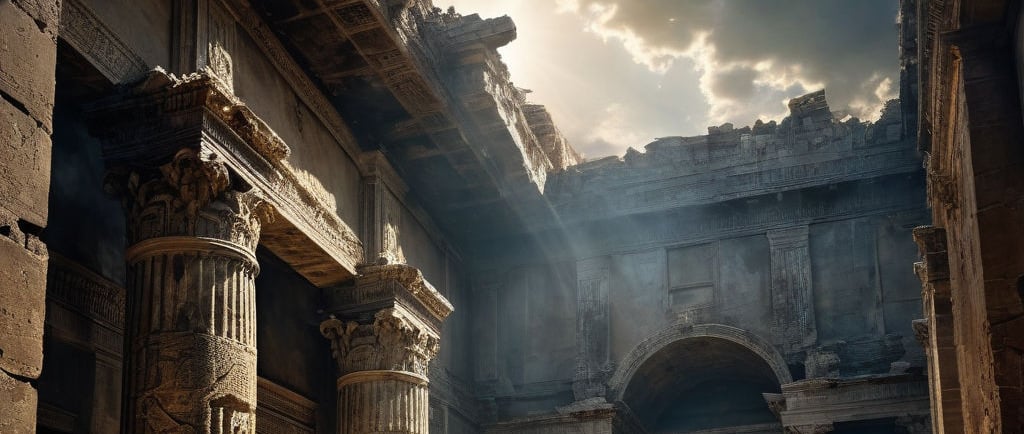Red, White, and Who?


There’s an idea in political philosophy called Conflict Theory which says that people don’t voluntarily agree to create a political state based on maximizing mutual benefit. It argues that political states are created largely out of conflict between groups, and the subsequent oppression of one group by another. In Conflict Theory, partisan political grandstanding about which party is better is really just a cover up for the basic motivation of empirical domination. Conflict Theory says that political factions don’t exist to make sure everyone is represented faithfully in a democratic republic, rather they exist as special interest groups at war with each other, bent on the ultimate goal of total control.
While I recognize this is a pretty negative view of politics in general, I can’t help but see the hallmarks of it in our political system. Maybe there was a time when we naïvely believed the democratic process would provide a system to ensure the pursuit of happiness and freedom for everyone… all while holding us accountable for our treatment of each other. Perhaps there was a short period of time when it worked that way. Whatever the case, it’s obvious that the political system in the United States is seriously flawed and broken. I’m not suggesting I know how to fix it. I’m simply saying that I think it’s in our best interest to recognize the limitations of the system, given the depths of its inherent flaws.
I don’t think we should trust the political system to hold us together as a nation. I’m not sure it was ever capable of accomplishing that. We are an ever-diversifying society spread out over an obscene amount of land. Our country was piecemealed together with ethnocentric assumptions about the rights of white people to take land they “found” as though it was intended for them and not those who inhabited it in the first place. The United States flourished on the backs of those who were considered subhuman, fit only for servitude to the majority white population and their divine conquest of the wilderness.
Given this historical background, is the political system we find ourselves in really so surprising? What did we expect would result from such empirical and genocidal foundations? I’m afraid I have no choice but to recognize this skeleton in our political closet. I see the descendent ideologies that would ignore the humanity of first nations indigenous populations. I have no choice but to identify the continuing ideologies that made the enslavement of an entire race of humans an accepted status quo and the basis of a national civil war. Politically speaking, I’m afraid the apple hasn’t fallen far from the tree. It doesn’t matter how much you dress it up in red, white, and blue. It is what it has always been. Empirical colonialism wrapped up in patriotic sentimentality.
As ever, what remains is that age old human challenge to choose love in the face of fear. Not personal preference, mind you. Preference is what got us into this mess in the first place. Prioritizing our own, and believing we had some sort of divine preference at work for us. I’m talking about the sort of love that drives us to risk our own wellbeing in order to work for the wellbeing of others. I’m talking about the belief that human relationships built on love are stronger and better for the whole than those built on fear and domination. We may be too big as a political state to expect this kind of reality to take hold in any sort of majority. That doesn’t mean it’s not part of the answer on a small scale in our communities.
Politics is not the answer. Don’t get me wrong, voting is important. Advocating for peace, justice, and human rights is essential, but politics is not the answer. I suspect the answer is more in how we treat each other from day to day. It’s in whether or not we gather together across our differences, over shared meals and sacred conversations. It’s in the beauty that our deep hearts point us to in regard to each other, underneath the unfamiliarity, suspicion, and fear. At the end of the day there are no eyes we will ever look into that don’t reveal souls with which we are intimately connected. We are members of each other, and until we treat each other that way, we will continue, on some level, to destroy each other. Maybe it’s time we look away from a failed system and focus our energy on looking to each other in love, service, and hope.
